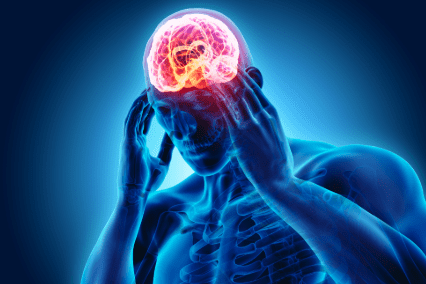Our bodies are remarkable machines, constantly working behind the scenes to maintain balance and health. One of the most fascinating processes taking place every day is the way the body transforms waste into urine. This process is vital, as it helps keep the blood clean, balances fluids, and removes harmful substances that could damage organs if allowed to accumulate. Understanding how the body handles waste can give us a new appreciation for our kidneys and the urinary system as a whole.
The journey of waste begins with the foods and drinks we consume. Every meal contains substances the body can use for energy, growth, and repair, as well as substances it cannot. Proteins, fats, and carbohydrates are broken down by the digestive system, with nutrients absorbed into the bloodstream. However, this process also produces waste products. For example, protein metabolism generates nitrogen-containing compounds that the body must remove. Other substances, such as excess salts, water, and toxins from medications or the environment, also need to be cleared from the blood to maintain a healthy internal environment.
Once these waste products are in the bloodstream, the kidneys take center stage. The kidneys are two small, bean-shaped organs located on either side of the spine. Each kidney contains about a million tiny filtering units called nephrons. These nephrons are the workhorses of urine formation. Blood enters the kidneys through the renal arteries, bringing along waste products and excess substances that the body cannot use. Within each nephron, the blood is filtered through a specialized structure known as the glomerulus. This filtering system acts like a sieve, allowing water, salts, and waste molecules to pass through while retaining essential proteins and blood cells that need to stay in circulation.
After the initial filtration, the liquid that has been separated from the blood is called filtrate. Filtrate contains a mixture of water, salts, glucose, and waste molecules such as urea. The next step occurs in the tubules of the nephron, where a careful balancing act begins. The body selectively reabsorbs substances that are still useful, such as glucose, amino acids, and certain ions. At the same time, it secretes additional waste products into the tubules. This dual process ensures that only unnecessary or harmful substances remain in the forming urine. Water is also reabsorbed as needed to maintain fluid balance, a process controlled by hormones that respond to the body’s hydration status.
As the filtrate travels through the nephron, it gradually changes composition and volume. By the time it reaches the collecting ducts, most of the essential substances have been returned to the bloodstream, leaving behind a concentrated mixture of water, salts, and metabolic wastes. This mixture is now considered urine. The kidneys carefully adjust the concentration of urine based on the body’s needs, producing more diluted urine when there is plenty of water or more concentrated urine when the body needs to conserve fluids.
Once urine is formed, it flows from the kidneys into the ureters, a pair of thin tubes that transport it to the bladder. The bladder serves as a temporary storage reservoir, allowing the body to control when urine is expelled. The walls of the bladder are muscular and can expand as urine accumulates, while specialized nerves signal when it is time to empty. When a person urinates, the bladder muscles contract, and urine is expelled through the urethra. This final stage completes the journey of waste from the bloodstream to outside the body.
The process of turning waste into urine is not only about eliminating harmful substances but also about maintaining the body’s overall balance. The kidneys play a key role in regulating electrolytes, such as sodium and potassium, and maintaining the proper acid-base balance in the blood. By adjusting the amount of water and salts excreted, the kidneys help stabilize blood pressure and ensure that cells function properly. This constant regulation highlights how urine formation is integral to overall health.
It is also important to recognize the impact of lifestyle on this process. Drinking enough water, maintaining a balanced diet, and avoiding excessive intake of substances like salt or alcohol support healthy kidney function and efficient waste removal. Conversely, dehydration or high intake of certain substances can make the kidneys work harder and may affect the concentration and production of urine. Regular check-ups and attention to hydration and diet are simple yet effective ways to help the body perform this vital task.
Beyond the physical process, urine formation is a reflection of the body’s remarkable ability to maintain homeostasis. Every drop of urine represents a precise orchestration of filtration, reabsorption, and secretion, all controlled by the body’s complex regulatory systems. It is an everyday reminder of how organs work together, unseen yet essential, to protect the body from potential harm.
In summary, the transformation of waste into urine is a sophisticated and essential process. It begins with the digestion and metabolism of food, proceeds through filtration in the kidneys, and continues with selective reabsorption and secretion in the nephrons. The result is urine, which is stored in the bladder until it is expelled, removing excess water, salts, and metabolic wastes from the body. This process not only keeps the blood clean but also supports the balance of fluids and electrolytes, maintaining the stability necessary for life. By understanding and appreciating how the body performs this task, we can better care for our kidneys and overall health, recognizing that urine is not just a waste product but a testament to the body’s incredible internal machinery.






